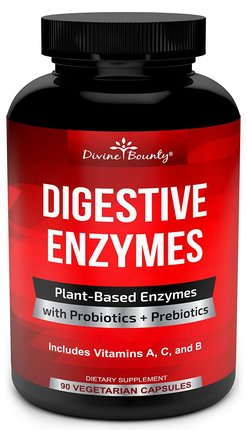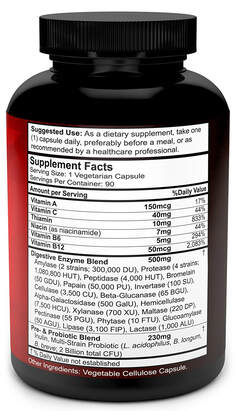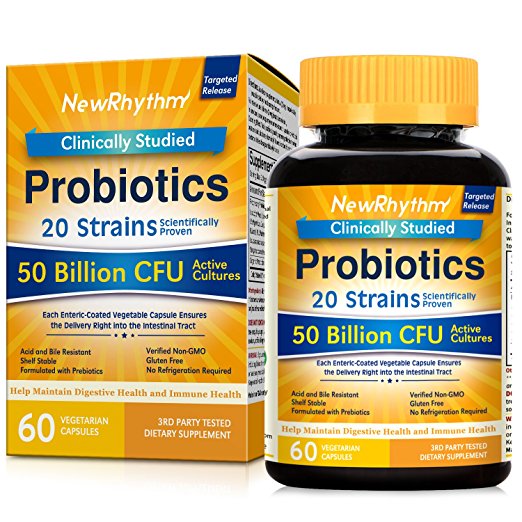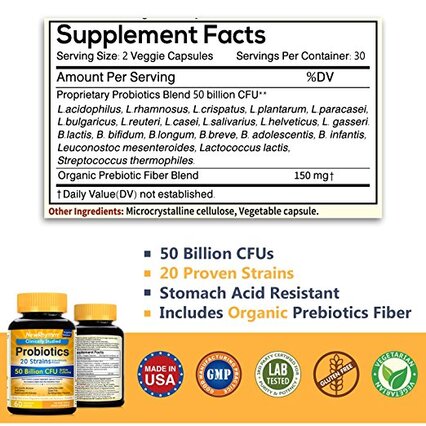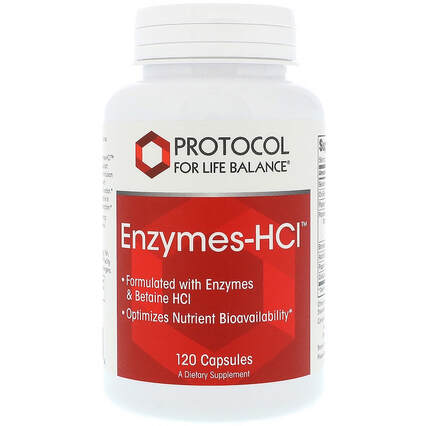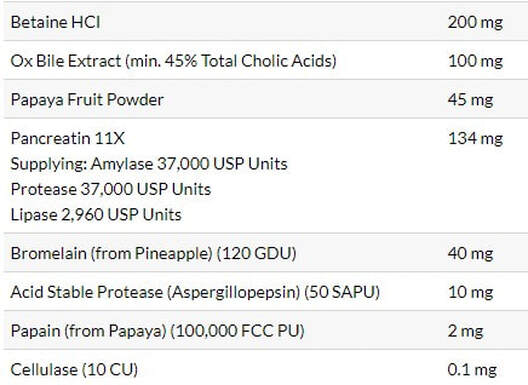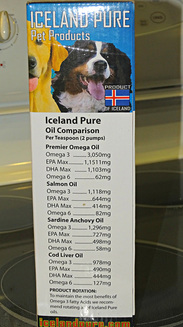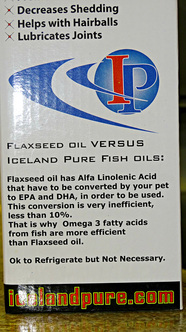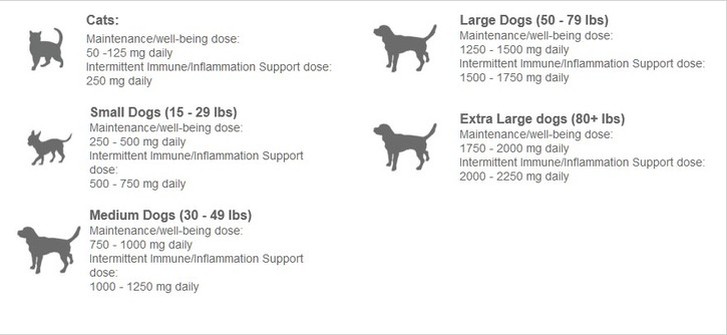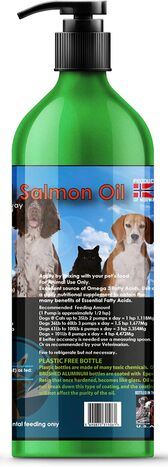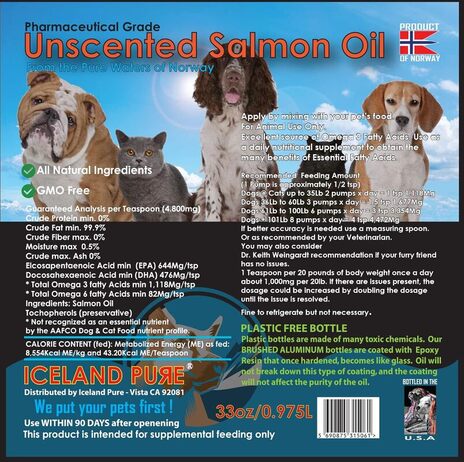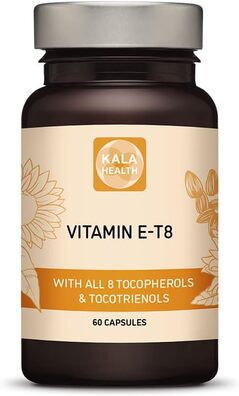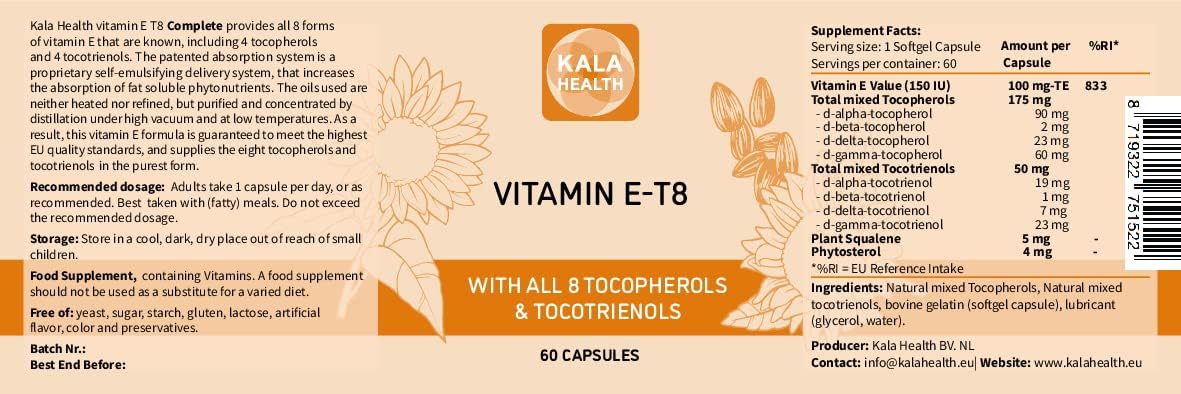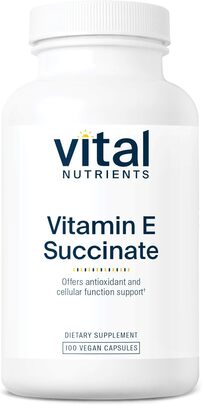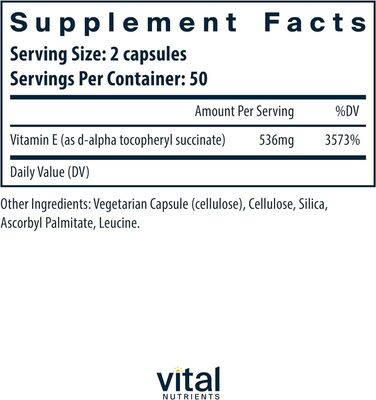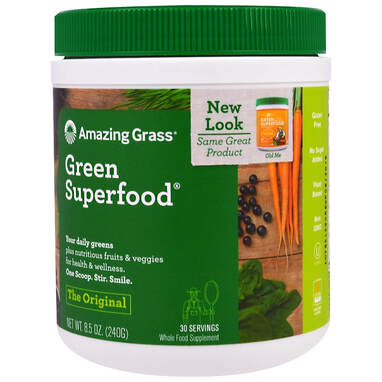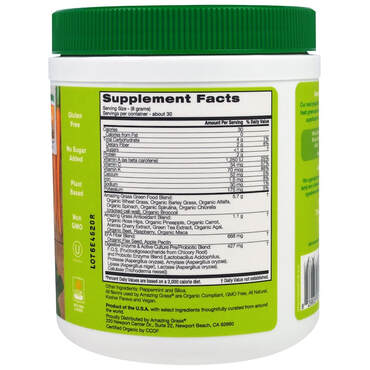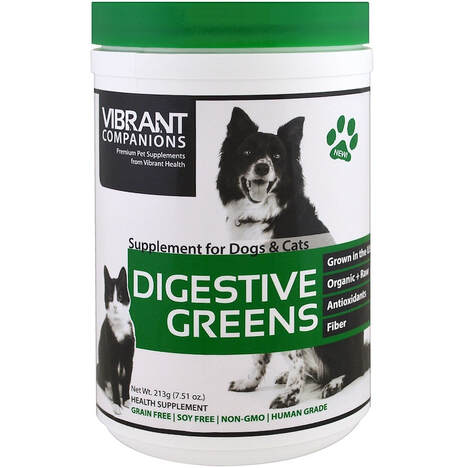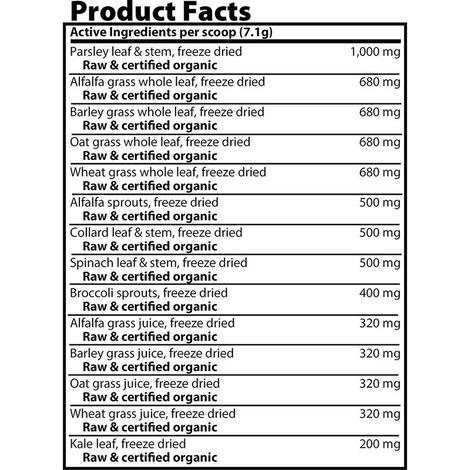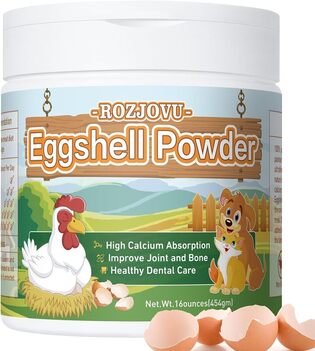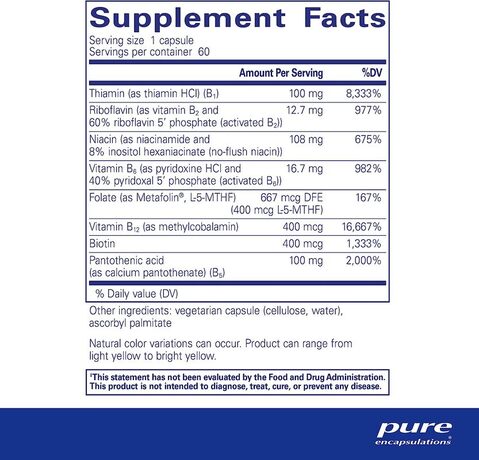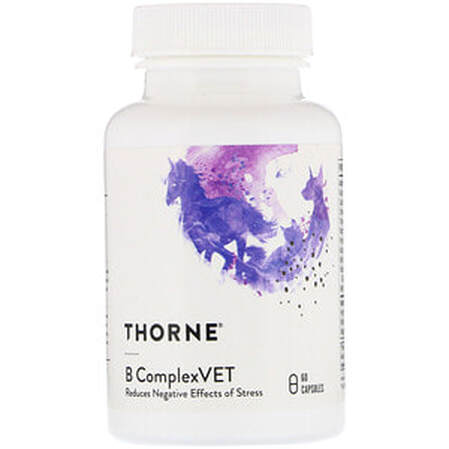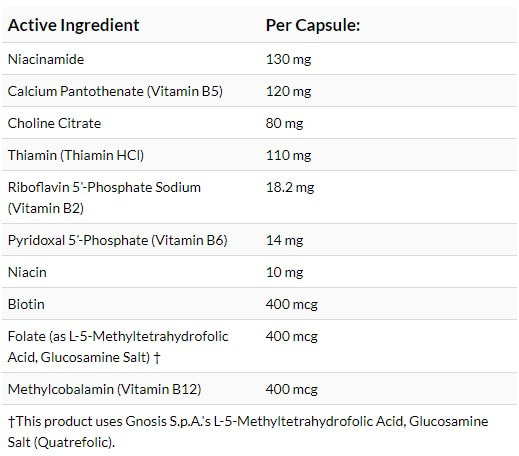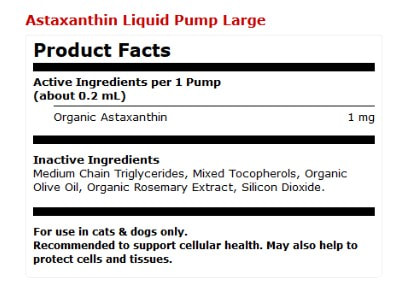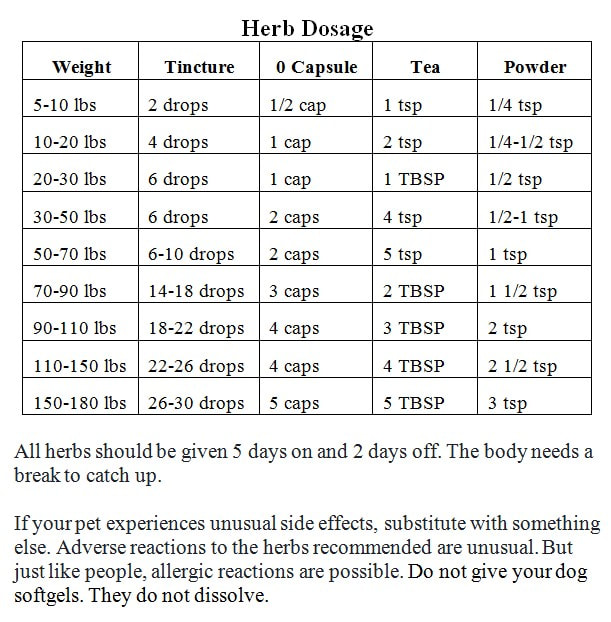|
By Holistic and Organix Pet Shoppe/Canine Arthritis And Joint This is a guide to help you get your dog healthy and have a balanced diet. There are plenty of different supplements that do the same thing so don't get confused on what's recommended from different sources. This is just mine and what I recommend to build the immune system and provide the right nutrients to your pets diet. It also is a good list for a regular diet. Regular diet consists of a healthy dog with no illnesses. Anytime you feed a kibble, canned or homemade diet, there will be nutrients being lost or missing. As long as your dog is breathing in air, drinking unfiltered water, taking medication, receiving vaccines, flea and tick medications (pesticides), walking out in public on public grounds; your dog is being exposed to hazardous toxins. ALL which create havoc on the body. You can feed your dog the VERY best raw diet on the planet, but not every dog is the same. Some need extra Vit C while others need more fish oils and Vit E. EVERY dog is different. This list is a general list and it is a good guide to make sure you cover all of your dogs needs. It will not hurt a perfectly healthy dog to get these supplements. They will help keep the body in check and not be missing any nutrients. Anytime you have a weak immune system or a body that is diseased, it is lacking in nutrients and so these are extremely important as will as a good diet and filtered water. Do not vaccinate a dog with severe joint issues or other diseases. |
Click on images to go to product
Probiotics and digestive enzymes highly recommended for daily use
Dr. Mercola Whole Food Digestive Probiotic Dog & Cat Supplement, 3.17-oz jar
|
Ingredients
Algae Meal, Broccoli Sprouts, Turmeric, Porcine Pancreas, Bifidobacterium Bifidum Dried Genus Species Fermentation, Bifidobacterium Longum Dried Genus Species Fermentation, Bifidobacterium Animals Dried Genus Species Fermentation, Lactobacillus Acidophilus Dried Genus Species Fermentation, Enterococcus Faecium Dried Genus Species Fermentation, Lactobacillus Brevis Dried Genus Species Fermentation, Lactobacillus Casei Dried Genus Species Fermentation, Lactobacillus Plantarum Dried Genus Species Fermentation, Mushrooms, Pineapple Stems, Papaya. |
Probiotics/Digestive Enzymes (with added B Vitamins)(Sold on amazon only)
Strengthen your dog's digestive tract, while reducing gas, bloating and indigestion.
This combination is great for building the immune system as well as reducing any chronic or acute digestive issues. For pancreatic enzymes, check out the ones below as well. These can be given together without issues. Remember, a weak immune system can cause inflammation in the body in which also creates inflamed joints and arthritis conditions. Dosage: small dogs: 1/2 capsule Med dogs: 1/2 - 1 capsule Large dogs: 1 - 2 capsules Open capsule and mix into wet foods You may give this amount for 2-4 weeks then cut back once your dog becomes more stable. *You can add an extra probiotic along with this supplement. |
Probiotics
For humans but dosing for dogs. Start with half a capsule. If your dog eats kibble, is around toxic chemicals, unfiltered water, has intestinal issues and/or is ill, you can give up to two capsules daily.
Protocol for Life Balance, Enzymes-HCI, 120 Capsules (good for pancreas)
This Digestive Enzyme is stronger and contains a higher amount of pancreatin. Works very well for pancreas issues as
well as other digestive issues.
Dosage:
small dogs: 1/2 capsule
Med dogs: 1/2 - 1 capsule
Large dogs: 1 - 2 capsules
You may give this amount for 2-4 weeks then cut back once your dog becomes more stable.
*Do not give if your dog has ulcers. Add to food when giving.
If feeding a raw diet, you may also feed bovine pancreas.
Small dogs may use this one for alternative as the amounts are lower if you prefer.
well as other digestive issues.
Dosage:
small dogs: 1/2 capsule
Med dogs: 1/2 - 1 capsule
Large dogs: 1 - 2 capsules
You may give this amount for 2-4 weeks then cut back once your dog becomes more stable.
*Do not give if your dog has ulcers. Add to food when giving.
If feeding a raw diet, you may also feed bovine pancreas.
Small dogs may use this one for alternative as the amounts are lower if you prefer.
For a full list of PET probiotics and digestive enzymes, click here.
Fish Oil (Anchovy and Sardine - unscented)
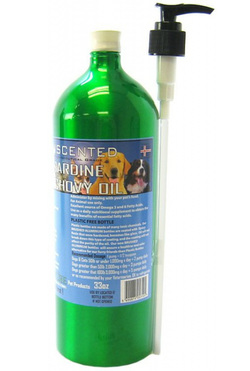 click image for 33 oz click image for 33 oz
Fish oil with extra Vit E added 3 times a week. (Vit E amounts-Small dogs-200IU, med/large-300-400IU, Giant 600mg) Most all oils will contain a small amount of Vitamin E for preserving it. You still need to add Vit E at the recommended amount.
I use this oil myself. (or here) 8.75 oz 17 oz Below is how many mg to give for fish oils if not listed on the bottle. Place your fish oil in the fridge, just like you would fresh fish, will extend its life and slow the oxidation process. The one pictured is a BRUSHED ALUMINUM bottle and is FDA certified for human liquid consumption, and will ensure a healthier and safer alternative. |
Iceland Pure Salmon oil
(Higher in vitamin D)
FEELGOOD OMEGA - PURE & SUSTAINABLE OMEGA-3 OIL
(another good fish oil) (you can use this one or the one above. Not both or you can get both and alternate them each day)
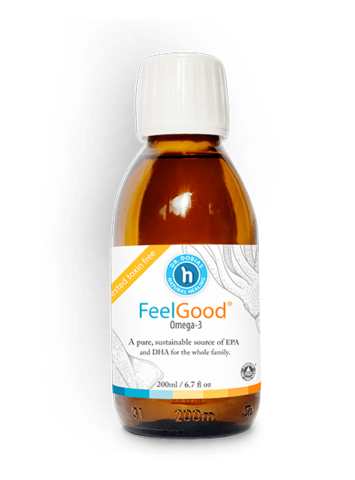 click image
click image
INGREDIENTS:
Calamari (Squid) Oil (99.8%), Mixed Tocopherols (non-GMO certified) (0.02%)
High in omegas and not over fished.
Calamari (Squid) Oil (99.8%), Mixed Tocopherols (non-GMO certified) (0.02%)
High in omegas and not over fished.
Kala Health Vitamin E-8 softgels - Provides All 8 Forms of Vitamin E
or this one -- Vitamin E
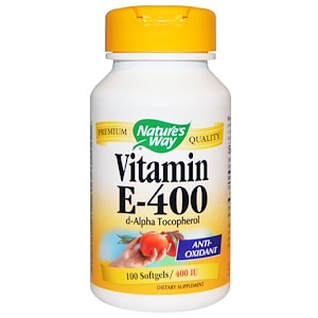 click image
click image
Vit E is recommended 2-3 times a week
Dosage for dogs:
Small - 200IU
Med/Large - 300-400IU
Giant - 600IU
Great for healing, joints, cancer etc.
No soy
A diet high in carbohydrates can also deplete vitamin E.
*Poke hole in softgel using a pin and squeeze into foods. Throw away empty softgel.
Vital Nutrients dry powder Succinate capsules (my fav)
Vitamin D testing (from blood)
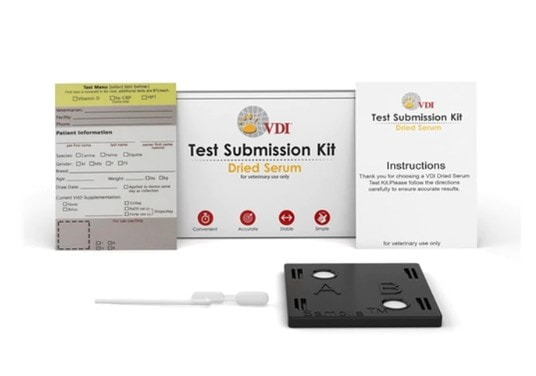
Dogs with illnesses like cancer, chronic inflammatory conditions, heart disease, renal disease, hyperparathyroidism, or inflammatory bowel disease are likely to have low vitamin D levels. If your dog has been on kibble, your dog most likely has low Vitamin D levels. In some cases kibble has been linked to high doses of vitamin D so this is why your dog needs to be tested before giving this supplement but cancer prevention and diagnosed dogs can benefit from this vitamin.
Good sources of vitamin D are, wild caught salmon, calf liver, and organic eggs (yolks). Vitamin D levels are usually low in prostate cancer and the above mentioned. Make sure to add in some healthy fats such as coconut oil to help with vitamin D absorption. Many raw diets don't need added vitamin D but again, always best to get tested.
Use extreme caution when supplementing with synthetic OTC products. Very low dosing along with not giving daily is safe. Give a couple times a week and at most, every other day for safe level's. You may also have your dog tested regularly using a test from Patterson Veterinary called the VDI Vitamin D Test Kit for Canine/Feline. If your vet doesn't carry this test (mine doesn't) you may order the kit yourself online for $75 (much cheaper than what a vet would charge) and take it with you to the vets office when you have blood drawn next time. All you need is a dab of blood. Then you may send the test off yourself for test results.
Breeds such as Golden Retrievers, have low D levels so you may want to check your dog if this is your breed but all dogs should be tested. Dog breeds prone to cancer may have low vitamin D levels.
The actual dosage depends on how much food you feed. It's approximately 225 IU per pound of food you feed daily.
Approximate Dosing (daily, every other day or 3 times a week):
Small dogs (< 30lbs): 100 - 200 IU
Medium dogs (30-75lbs): 200 IU - 300 IU
Large dogs (75lbs +): 400 IU
Dogs with illnesses like cancer, chronic inflammatory conditions, heart disease, renal disease, hyperparathyroidism, or inflammatory bowel disease are likely to have low vitamin D levels. If your dog has been on kibble, your dog most likely has low Vitamin D levels. In some cases kibble has been linked to high doses of vitamin D so this is why your dog needs to be tested before giving this supplement but cancer prevention and diagnosed dogs can benefit from this vitamin.
Good sources of vitamin D are, wild caught salmon, calf liver, and organic eggs (yolks). Vitamin D levels are usually low in prostate cancer and the above mentioned. Make sure to add in some healthy fats such as coconut oil to help with vitamin D absorption. Many raw diets don't need added vitamin D but again, always best to get tested.
Use extreme caution when supplementing with synthetic OTC products. Very low dosing along with not giving daily is safe. Give a couple times a week and at most, every other day for safe level's. You may also have your dog tested regularly using a test from Patterson Veterinary called the VDI Vitamin D Test Kit for Canine/Feline. If your vet doesn't carry this test (mine doesn't) you may order the kit yourself online for $75 (much cheaper than what a vet would charge) and take it with you to the vets office when you have blood drawn next time. All you need is a dab of blood. Then you may send the test off yourself for test results.
Breeds such as Golden Retrievers, have low D levels so you may want to check your dog if this is your breed but all dogs should be tested. Dog breeds prone to cancer may have low vitamin D levels.
The actual dosage depends on how much food you feed. It's approximately 225 IU per pound of food you feed daily.
Approximate Dosing (daily, every other day or 3 times a week):
Small dogs (< 30lbs): 100 - 200 IU
Medium dogs (30-75lbs): 200 IU - 300 IU
Large dogs (75lbs +): 400 IU
Vitamin E (for small dogs)
GRASS FED ORGAN COMPLEX
You have several choices on green's powders below. Pick one only.
Organic Greens Powder
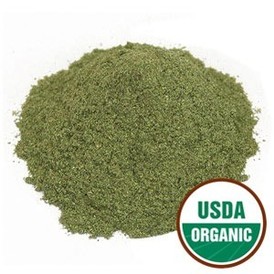 click image click image
ORGANIC Natural greens powder. Can take the place of veggies in the diet and also its an all natural vitamin additive. This can be given every other day or daily.
Ingredients: Organic barley grass, organic wheat grass, organic spirulina, organic spinach, organic alfalfa leaf, organic kelp, organic dulse leaf, organic barley grass juice, organic orange peel, organic beet root, organic dandelion leaf, organic lemon peel, organic ginkgo leaf, and organic wheat grass juice. If your dog is a special needs dog (kidney, liver etc) then half the dose of the Greens powder. four leaf rover - Green RoverOrganic Greens/Fruit blend
It contains organic ingredients such as greens, fruits and a little bit of probiotic, prebiotic and digestive enzymes mix with a little added fiber. This will be a daily supplement.
Do not follow label for your dog. Use this dosage instead. Dosage: Small dogs: 1/4-1/2 teaspoon Medium/Large dogs: 1/2-1 teaspoon Giant dogs: 1-1 1/2 teaspoons If your dog has had oxalate stones previously, do not give spinach to them. It does have a tendency to cause oxalate stones in some. This is full of vitamins and minerals. Great for dogs you are not sure are getting all the necessary nutrients from whole food sources. Even in raw diets this is needed and more so in ill dogs or weakened immune systems. found on Amazon here Vibrant Health Digestive Greens
|
Vitamin C (Magnesium Ascorbate)
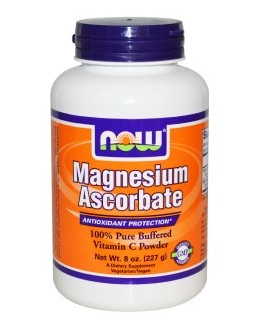 click image click image
Vit C is highly recommended especially in healing any pets with a disease or illness. Give high amounts for illness until bowel tolerance. Synthetic Vitamin C is still absorbed in smaller amounts but can still be beneficial to your pet, especially a sick pet. Ascorbic Acid is extremely hard on the stomach so you should provide a buffered Vitamin C which is sodium ascorbate, magnesium ascorbate or calcium ascorbate. I recommend Magnesium ascorbate because it does not contain sodium or calcium and dogs need magnesium. You can get calcium from your egg shells or seaweed calcium. You can also mix or alternate between calcium and magnesium ascorbate.
Dosage: Adjust accordingly but a good place to start or work towards. Small Dogs: 500mg-1500mg Medium-Large Dogs: 1000mg-3000mg Giant Dogs: 2000mg-4000mg *alternate link at Vitacost, click here WARNING: Avoid anything with benzene, benzoate, or benzoic acid; especially when combined with ascorbic acid, citric acid, and vitamin C ingredients. It becomes a toxic carcinogen. |
Organic Raw Camu Camu Powder (Vitamin C in natural form)
Rose hips (Vitamin C in natural form..one step below Camu Camu)
 click image
click image
Rose hips dosage
Dogs can greatly benefit from Rose hips as well. Rose hips is a great additional supplement for treating and preventing arthritis and many other diseases.
Dosage can be small dogs: 1/4-1/2 teaspoon daily
Med Sized Dogs: 1/2 -1 teaspoon
Large Size Dogs: 1 -2 teaspoon
*alternate link at Vitacost, click here
If you are looking to purchase Rose hips, I use this one for me and my dogs.
Dogs can greatly benefit from Rose hips as well. Rose hips is a great additional supplement for treating and preventing arthritis and many other diseases.
Dosage can be small dogs: 1/4-1/2 teaspoon daily
Med Sized Dogs: 1/2 -1 teaspoon
Large Size Dogs: 1 -2 teaspoon
*alternate link at Vitacost, click here
If you are looking to purchase Rose hips, I use this one for me and my dogs.
Humic/Fulvic Acid

Humic/Fulvic Acid is FULL of minerals with a few added vitamins.
I recommend it and the greens powder for a nice combination of all.
It also increases oxygen into the bloodstream to help fight off disease.
*alternate link to Vitacost, click here
Dosing:
Small dogs: 1 teaspoon
Medium dogs: 2 teaspoons
Large dogs: 1 TBSP
Start with lower dose and increase slowly. Can cause diarrhea.
I recommend it and the greens powder for a nice combination of all.
It also increases oxygen into the bloodstream to help fight off disease.
*alternate link to Vitacost, click here
Dosing:
Small dogs: 1 teaspoon
Medium dogs: 2 teaspoons
Large dogs: 1 TBSP
Start with lower dose and increase slowly. Can cause diarrhea.
Calcium (needed)
|
If your dog's diet does not include bones, then you need to add calcium at the rate of around 1,000 mg per pound of food (1/2 teaspoon of ground eggshell yields about 1,000 mg of calcium).
or Buy a Calcium Supplement-eggshell calcium. or seaweed calcium here. |
Magnesium and Manganese

Dogs need to have Manganese and Magnesium in their diet. They are not the same thing. Even with the best diet, your dog will probably be deficient in these. And if your dog is prone to ACL injuries, these are a requirement in the diet.
Magnesium Citrate (for oxalate stones, can have laxative effect) Magnesium Taurate (for low stomach acid, calming, heart, can make blood sugar fluctuate, no laxative effect) Magnesium Glycinate (no laxative effect, high absorption, for muscle pain, calming). Powder form here. Magnesium Malate (for achy joints and/or muscles, fatigue, heart, can cause stomach upset, no laxative effect) Magnesium Orotate (for heart failure, high absorbing magnesium) Magnesium L-Threonate (for brain, absorbs well, calming) Magnesium Chloride (for cellular detoxification and tissue purification, sluggish metabolism ) Magnesium Lactate (for moderate absorption, avoid with kidney issues restoring red blood cell levels of magnesium ) Magnesium Carbonate (for indigestion and acid reflux, can have laxative effect) **Magnesium Stearate, Magnesium Gluconate, Magnesium Glutamate, Magnesium Aspartate, Magnesium sulfate (also called Epsom salts), and Magnesium Oxide should be avoided. Approximate Dosage: Small dogs: 10mg - 20mg Medium dogs: 20mg - 50mg Large dogs: 50mg - 100mg Giant dogs: 100mg - 150mg Or when using powder 1/4 teaspoon up to 1/2 teaspoon depending on size of dog. You may also purchase the capsules and open them and sprinkle into foods. Then you have a measured dose that way. Adjust dosage accordingly to dogs weight per mg. Manganese Manganese can be found here as well. If your dog doesn't take caps, open capsule and add into foods. Not needed if you are giving the Humic/Fulvic acid and greens powder and feeding a RAW diet. Keep doses small. Approximate daily dose (can do every other day): 1 mg: small dog 2-3 mg: medium dog 4-5mg: large dog Magnesium is an essential component used for proper enzyme function and heart rate and healthy bones, muscles and nervous system. Magnesium also helps rid the body of lead and other heavy metals. Magnesium deficiency symptoms irregular heart rates, high blood pressure, seizures, bone pain, nervousness, irritability, depression and muscle spasms. Inappropriately high levels of magnesium can interfere with your dog’s ability to absorb calcium.
|
B Complex
(If giving Amazing Grass greens and Humic/fulvic acid, skip this)
|
And last but not least...your daily joint supplements. While each dog has a different issue and certain joint supplements work better than others, I have found that a nice combo cocktail of joint supplements (can include herbs etc) to be used for moderate to severe cases. All dogs with or without joint issues should receive a daily joint supplement. See safe recommended supplements here.
|
Optional
Astaxanthin (recommended)
 click image click image
Astaxanthin is known as the “king of the carotenoid family.” It’s a naturally occurring, non-toxic source of vitamin A that is hundreds of times more potent than vitamin E, ten times more potent than beta-carotene, and about five times more potent than lutein as a functional antioxidant. Astaxanthin fights oxidative stress and free radical damage. It has very strong free radical scavenging abilities and helps protect cells, organs and tissues from oxidative damage. Astaxanthin provides antioxidants to parts of the body that don’t normally receive a lot of antioxidant benefit. It can cross the blood-brain barrier and the blood-retina barrier. This means it can help reduce the potential for diseases of the central nervous system, the spinal cord, and the eye. Astaxanthin also supports immune function thanks to its high levels of beta-carotene. Studies also show astaxanthin supports joint and muscle recovery after exercise, and cardiovascular health in dogs and cats. Or here and poke hole in softgel and squeeze out into wet foods. (for large dogs) or here in powder form Toy dogs, click here. (poke hole in softgel and squeeze into foods) another brand here 1 mg to 1.5 mg daily per 20 lbs of body weight *The softgels will turn food and poop a reddish color. |
Use caution using Dr Mercola product. Contains Rosemary extract and can trigger seizures in pet sensitive to neurological issues. Because of this, I do not recommend this product as first choice. |
Turmeric

Turmeric- This is considered a miracle herb. It works for everything. (Joints, diabetes, cancer..)
You can order here for the liquid form or find one similar. Make sure all liquids are alcohol free. This one is. Also Curcumin with Bioprene is terrific for any and every diet, health issue as well as joints. Powder: http://www.starwest-botanicals.com/category/turmeric/ (Note: powder will have a strong smell and taste) You can use any Turmeric you like..but try to find your organic products and without junk ingredients. These are a few I selected for you. *Turmeric should not to be given to dogs prone to kidney stones. Turmeric isn't suppose to be given with blood thinners. Please ask your holistic vet if it is ok for your pet. For kidney stones, add Magnesium Citrate to the diet. Adding in Bromelain increases the absorption and anti-inflammatory effects of curcumin, it is often combined with turmeric products also. Same for Bioperene. |
Colostrum (Immune builder)

If you are giving your dog a glucosamine supplement, add Colostrum to help the body to absorb the glucosamine better. It is also a great immune builder. The same as if a calf is getting milk from his mother. Pasture Fed/organic Colostrum (if you can afford it, of course this is best)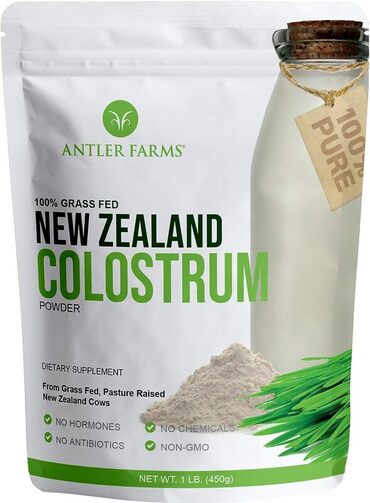
About colostrum.
This won't be cheap, but it's worth it. Dosage: Small dogs/cats: 1/4-1/2 teaspoon daily Medium dogs: 1/2-1 teaspoon Large dogs: 1-2 teaspoon Manufacture website click here
|





